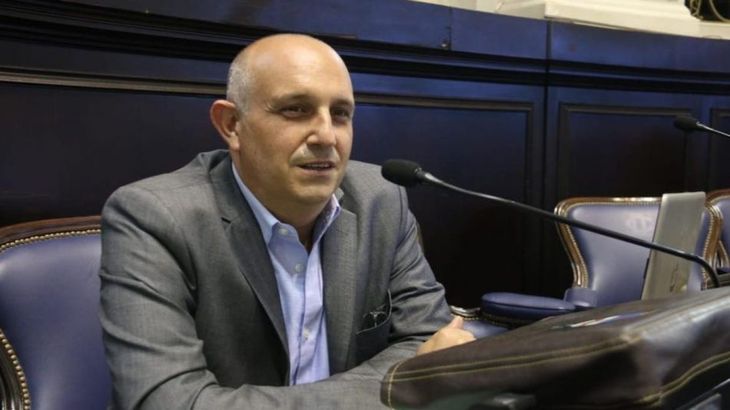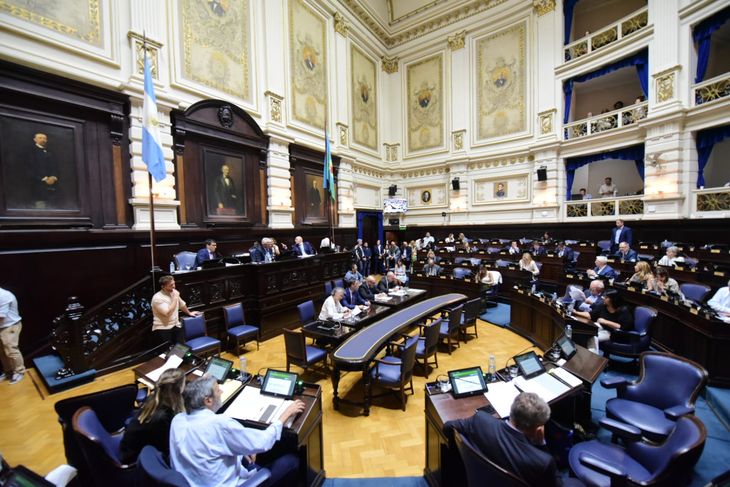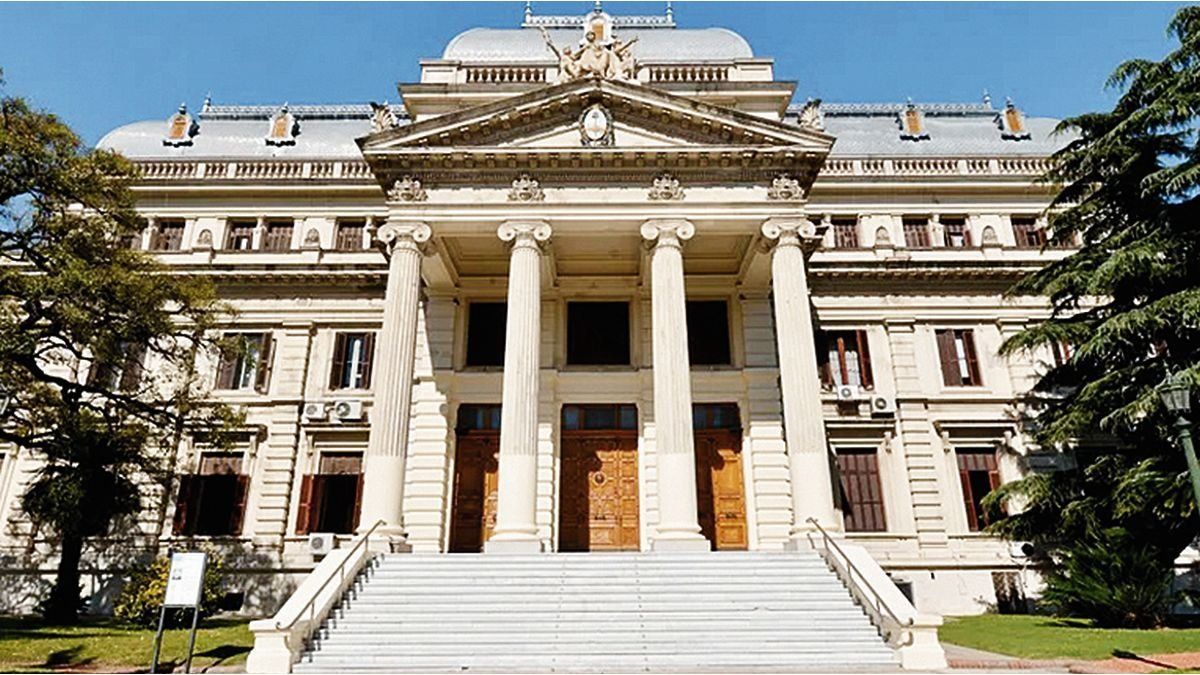In the last hours, meetings were held between Peronist legislators and those of the radical blocs, the PRO, the Civic Coalition and the libertarians. One of the keys to being able to move forward is through the request of the mayors, through their legislative swords, for the Executive Branch to incorporate a special fund for the municipalities which was not contemplated in the original project. The communal leaders request 450 billion pesos for the 135 districts, which are freely available, like this year, and in less than four installments.
Budget 2025 (18).JPG
If the negotiations prosper, Peronism will have the votes to approve both the Laws and the Tax Law with a simple majority given that both proposals obtained a favorable opinion in committee. Therefore, with 92 deputies present, 47 votes would be needed. The Unión por la Patria bench has 37 members. In the Senate, on the other hand, 24 votes are required from a total of 46 legislators. The PJ has a bench of 21 senators, so it will need three allies.
However, those close to Kicillof explain that if the initiatives cannot be sanctioned today, there remains the possibility of advancing in the session on the 26th.
What is contemplated in Budget 2025
The 2025 Budget contemplates an investment of 1.4 trillion pesos for social inclusion; 1.2 billion in health; 1.2 billion in education; 1.1 billion pesos in security. At the same time, investment in infrastructure will be 7.8% of total spending; 5 billion will be allocated for the Program to Strengthen Industries and SMEs and more than 3.7 billion pesos will be allocated to the development of cooperative productive activities.
next year the same tax pressure will be sustained reached during the year 2024. Therefore, in the Tax Law project it was established that the Real Estate tax, both Urban and Rural, will have increase caps of 28% annually.
In parallel, For almost 90% of taxpayers, the increase in patent will be only 13.8%when the Market Expectations Survey (REM) expects inflation of 35% by 2025. In addition, those who are up to date will receive a 15% reduction in their final payment.
At the same time, the Buenos Aires Government decided not to make changes to the rates of the Gross Income tax, a measure that seeks to sustain tax relief on the productive sectors.
Meanwhile, taxes such as the Stamp Tax and the Free Transfer of Assets will maintain the same rates as last year, without additional adjustments.
Replacement of authorities
In today’s session, it is also expected that the leader of the Renewal Front will be appointed Alexis Guerrera as the new president of the Chamber of Deputies, replacing Alejandro Dicchiara.
warrior.jpg

Alexis Guerrera will preside over the Buenos Aires Chamber of Deputies.
The legislator will take office based on an agreement reached towards the end of 2023 between different sectors of Peronism. Thus, it was ruled that Dicchiara – who responds to Maximo Kirchner and the group of mayors politically aligned with Martin Insaurralde– presided over the lower house for a year and then made a “castling” with Guerrera, a leader close to Sergio Massa.
Guerrera, 53, is a teacher. He was a councilor, mayor of General Pinto for four terms and Buenos Aires deputy. He was also president of Trenes Argentinos and served as national Minister of Transportation during the government of Alberto Fernández.
Reform of the Bapro pension regime
It is also estimated that in this Thursday’s session, the Chamber of Deputies will approve the law sent by Kicillof that modifies the Bapro pension regime and establishes a new regulatory framework to expand the rights of retirees and pensioners of that credit institution.
Among the most notable points of the initiative are the reduction of the retirement age for women to 60 yearsreversing the previous reform that had raised it to 65; the r82% mobile institution for the calculation of the retirement benefits of Banco Provincia (the Vidal law provided for the calculation at 70%) and the establishment of pensions at 75% (the former provincial president’s rule indicated doing it at 70%).
In December 2017, during the Vidal government, the provincial Legislature approved a rule that modified the retirement regime for the entity’s employees, raising the retirement age of women from 60 to 65 years, equal to that of men.
Buenos Aires Chamber of Deputies.jpeg

In addition, a change was implemented in the calculation of retirement assets, based on the average of the last ten years of salaries, instead of using the last salary received. This adjustment was argued by the Executive as necessary to reduce the deficit of the Banco Provincia pension fund, which according to the government was generating an unsustainable burden for the province’s coffers.
However, the rule received strong resistance from the opposition, unions and Bank employees, who considered the measure as a threat to their acquired rights and a loss in their working conditions.
In fact, the guild The Banking Associationpromoted strikes and mobilizations in rejection of the reform, while opposition legislators criticized the modifications in harsh terms.
After the modification to the retirement system, numerous legal claims were filed by associations of retirees and bank workers, who questioned the constitutionality of Law No. 15,008. In fact, more than two thousand people obtained precautionary measures that paralyze the application of several of the key points of the regulations.
Thus, in 2021, the Buenos Aires Supreme Court ruled against the reform promoted by Vidal, considering that it had violated the acquired rights of workers and asked the leadership for a political solution.
The proposal of the Buenos Aires Executive was prepared at a dialogue table convened by the highest court, where the Banking Association, Banco Provincia and retiree organizations. The central objective was to achieve an agreement that guaranteed the financial sustainability of the Bank Retirement Fundwhile the rights lost by the 2017 law were restored.
Among the modifications included in the law, the expansion of contributions from both active and passive affiliates and from Banco Provincia itself stands out. The mandatory contributions from the banking entity will reach 21%, while the personal contribution for entrants will be 19%. In addition, the creation of an additional contribution from the Bank and a budget item from the Province is planned to ensure coverage of the Fund’s deficit.
Source: Ambito




